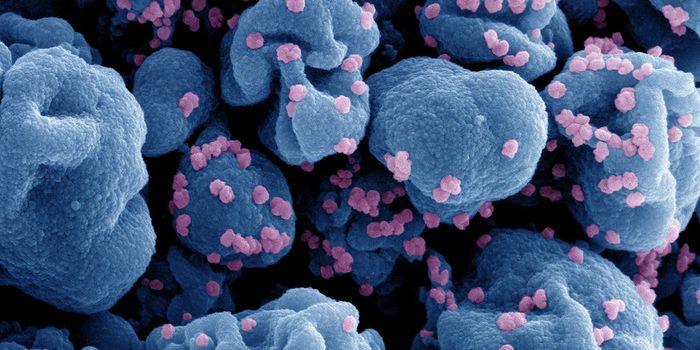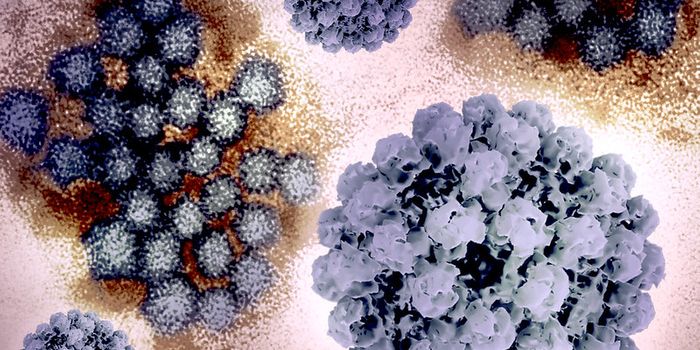The number of Americans living with Alzheimer’s disease is expected to triple to 15-16 million in the next few decades. As such, finding better ways to treat and diagnose the disease is an imperative. Now, scientists at the Beaumont Research Institute in Michigan say they’ve found biomarkers of the disease from just a saliva sample. The team hopes with optimization, the new technique could be a game-changer for patients..
Alzheimer’s disease affects a staggering 44 million people worldwide. This number might actually be even greater, as some people with the condition go undetected.
Currently, diagnosing Alzheimer’s disease is limited and time-consuming. Doctors and experts have to conduct a battery of cognitive tests to look for impairments in cognition, memory, social functioning, and behaviors. These tests are highly subjective, but can be supported with neuroimaging data, such as magnetic resonance imaging (MRI) and positron emission tomography (PET) scans. Unfortunately, these methods are expensive and have limited accuracy. True Alzheimer’s diagnoses are confirmed when post-mortem autopsies reveal presence of beta-amyloid plaques and neurofibrillary tangles – neurological hallmark features of the disease.
"We used metabolomics, a newer technique to study molecules involved in metabolism. Our goal was to find unique patterns of molecules in the saliva of our study participants that could be used to diagnose Alzheimer's disease in the earliest stages, when treatment is considered most effective. Presently, therapies for Alzheimer's are initiated only after a patient is diagnosed and treatments offer modest benefits,” said Stewart Graham, the lead study author.
The new technique looks for metabolites specifically in saliva. In analyzing samples from 29 adults with varying cognition levels (normal, mild, Alzheimer’s disease), the team positively identified 57 metabolites associated with the disease. This data could be used to make predictions about disease risks.
"Our team's study demonstrates the potential for using metabolomics and saliva for the early diagnosis of Alzheimer's disease," said Graham. "Given the ease and convenience of collecting saliva, the development of accurate and sensitive biomarkers would be ideal for screening those at greatest risk of developing Alzheimer's. In fact, unlike blood or cerebrospinal fluid, saliva is one of the most noninvasive means of getting cellular samples and it's also inexpensive."
The technique still has to pass many more trials before making it to the clinics, but the results are promising for a non-invasive, reliable way to test for Alzheimer’s. "Worldwide, the development of valid and reliable biomarkers for Alzheimer's disease is considered the No. 1 priority for most national dementia strategies. It's a necessary first step to design prevention and early-intervention research studies,” said Graham.
Additional source: MNT









